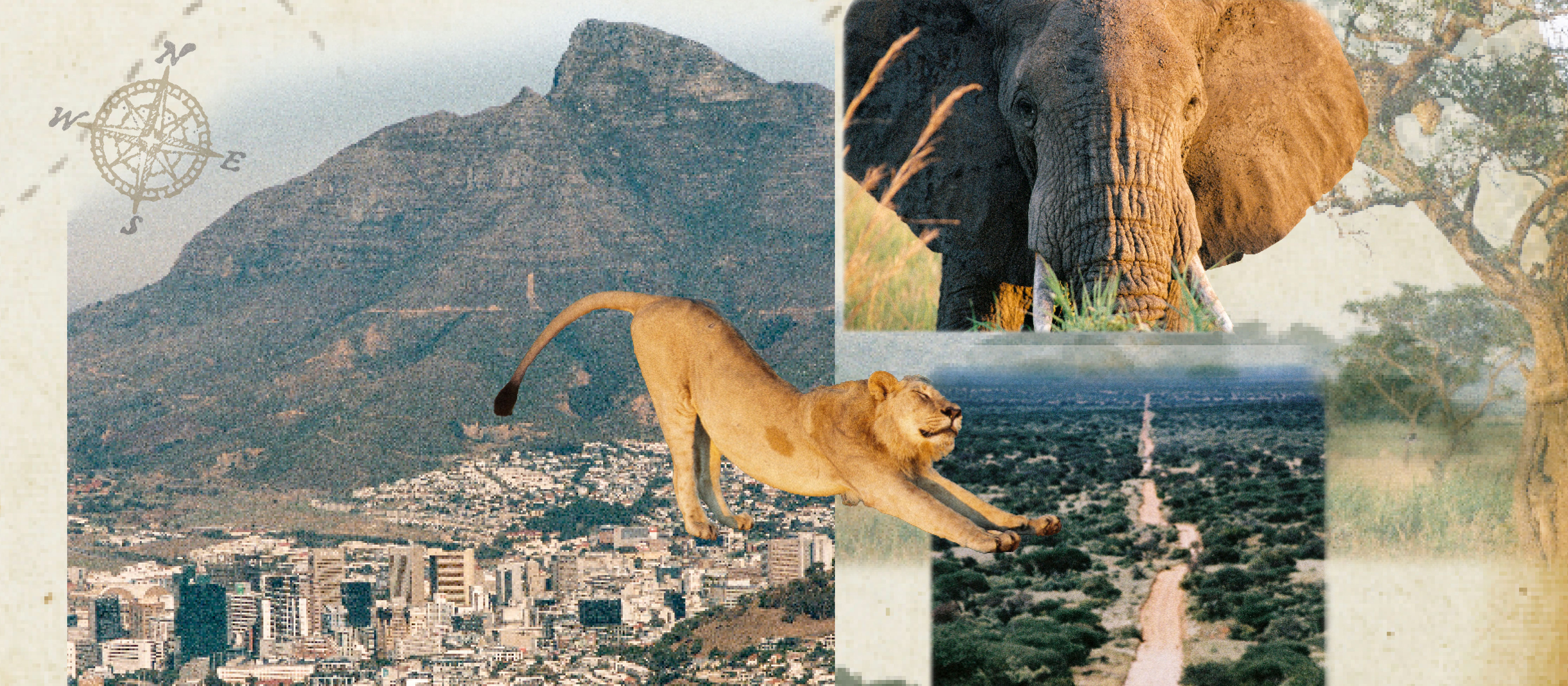Carla Carlisle on memories of Christmas
The way we celebrate Christmas may change, says Carla, but the sentiments remain the same


We are in the orchard collecting the ivy that will grace the Christmas table. Puffs of steam surround my words as I tell Sam about the freezing mornings in November when I would go with my grandmother to the bootlegger to procure bourbon for her fruitcakes. ‘You tell us that every year,' says the son. I decide to shift decades. ‘Remember when we used to take the saw and axe into the woods to choose our tree and we'd come across the little fir tree covered in candles flickering in the winter light? The look on your face is my happiest memory.'
‘So when did we stop having the candle tree?' ‘When you became more interested in the axe than the candles. Time moves on.' Christmas is the time of stories. The mouse that drowned in the bowl of eggnog maturing in the cellar, its bloated corpse fished out and the eggnog served on Christmas Eve. The origins of my collection of cribs, one carved in Kentucky, with Joseph and Mary looking like Abraham Lincoln, and the crib carved by silent nuns in France that I bought from the Catholic Truth Society in Westminster. These stories are the elusive ties that bind us.
Perhaps the most mysterious miracle of Christmas is that memory deletes the Bad Christmases and saves the Good Christmases. I'll always remember the year my three-year-old son asked for a red combine harvester. When he found it at the foot of his bed, he came running into our room with it clasped in his arms. ‘I know who Father Christmas is!' he whispered to his sleep-deprived parents, who looked at each other with alarm. ‘Father Christmas is God!' he squealed, ecstatic at the wonder of his discovery.
During my childhood, Father Christmas, better known as Santa Claus, was modest in his offerings, but he rarely made a mistake. My sister always got a doll, complete with a wardrobe trunk filled with handmade clothes on miniature coat hangers. I always got a pair of cowboy boots and a weapon: penknife, slingshot, BB gun. We were amazed at the generosity of this unknown man, but we never confused him with God.
Ours was a religious household that was constantly evolving. Three generations back and it was Southern Baptist, including five great-uncles who were Baptist preachers. The next gene- ration went for faith in milder form (‘Aunt Blanche has become a Methodist... she's just gone wild') and before you knew it, there was a generation of Episcopalians who drank real wine at communion, although the state was dry.
And then there was Uncle Ham. He taught all the cousins how to play dominoes, but never let us win. He made us dig worms, but never took us fishing. And he had theories about Christmas that we never dared repeat. He told us that December 25 was not Jesus's birthday because the scripture mentions shepherds abiding in the fields at night. He insisted that shepherds only stay out in the fields during lambing, and that's in the spring.
He told us that the Pilgrims outlawed Christmas altogether because it had turned into a drunken all-night party, that Christmas trees were a German invention Prince Albert had snuck into England to Germanise the English. Americans only started having trees because farmers saw it as a way to get rich quick. We never dared asked Uncle Ham about Father Christmas because we didn't want any more bad news. And perhaps that is the gift Uncle Ham bequeathed us.
Sign up for the Country Life Newsletter
Exquisite houses, the beauty of Nature, and how to get the most from your life, straight to your inbox.
Everyone has their own version of Christmas. Although Uncle Ham believed that the miracles surrounding Christmas were more of a hindrance than a help, I'm still attached to the version that has at its heart the miracle of the Virgin Birth of Jesus. How we celebrate Christmas changes with the years of our lives, but the memories are as abiding as those shepherds in the fields. Even if ‘abiding' is something shepherds only do in the spring.
Country Life is unlike any other magazine: the only glossy weekly on the newsstand and the only magazine that has been guest-edited by HRH The King not once, but twice. It is a celebration of modern rural life and all its diverse joys and pleasures — that was first published in Queen Victoria's Diamond Jubilee year. Our eclectic mixture of witty and informative content — from the most up-to-date property news and commentary and a coveted glimpse inside some of the UK's best houses and gardens, to gardening, the arts and interior design, written by experts in their field — still cannot be found in print or online, anywhere else.
-
 Vertigo at Victoria Falls, a sunset surrounded by lions and swimming in the Nile: A journey from Cape Town to Cairo
Vertigo at Victoria Falls, a sunset surrounded by lions and swimming in the Nile: A journey from Cape Town to CairoWhy do we travel and who inspires us to do so? Chris Wallace went in search of answers on his own epic journey the length of Africa.
By Christopher Wallace
-
 A gorgeous Scottish cottage with contemporary interiors on the bonny banks of the River Tay
A gorgeous Scottish cottage with contemporary interiors on the bonny banks of the River TayCarnliath on the edge of Strathtay is a delightful family home set in sensational scenery.
By James Fisher